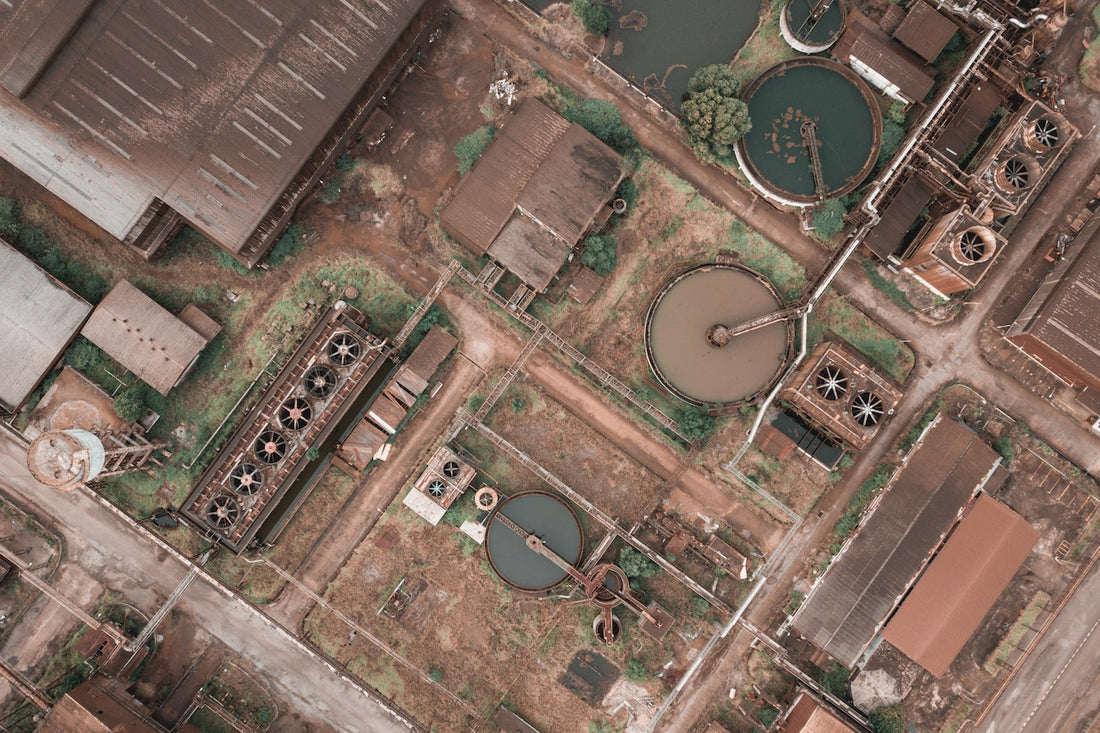Small Water Softeners: Compact Solutions for Efficient Water Treatment
Dealing with hard water can be a nuisance, causing limescale buildup, reduced appliance efficiency, and skin irritation. For those with limited space or water usage, a small water softener is an ideal solution. In this blog post, we will explore the benefits and features of small water softeners, discuss their suitability for different scenarios, and provide tips for choosing the right system for your needs. Whether you have a small household, limited space, or are looking for a portable solution, a small water softener can provide efficient and effective water treatment.
Benefits of Small Water Softeners
-
Space-Saving Design: Small water softeners are specifically designed to fit in compact spaces. They are ideal for apartments, condos, RVs, and small homes where space is limited. These systems are typically designed to be installed under a sink or in a tight corner, allowing you to enjoy the benefits of soft water without sacrificing valuable space.
-
Portability: Some small water softeners are designed to be portable, making them a convenient choice for frequent travelers or individuals who move frequently. These portable systems are lightweight and compact, allowing you to easily transport them and ensure soft water wherever you go.
-
Energy Efficiency: Small water softeners require less energy to operate compared to larger systems. The reduced size means they have a smaller footprint, resulting in lower energy consumption and potentially reduced utility bills.
-
Easy Installation and Maintenance: Small water softeners are typically designed for DIY installation, making the process quick and straightforward. Additionally, these systems often have simplified maintenance requirements, such as smaller resin tanks that require less frequent regeneration and fewer salt refills.
Choosing the Right Small Water Softener
-
Water Hardness Level: Test your water hardness level using a water testing kit to determine the appropriate size and capacity for your small water softener. This will help ensure effective water softening for your specific needs.
-
Water Usage: Consider your daily water usage when choosing a small water softener. Determine the flow rate required to meet your household's needs and select a system that can handle the demand efficiently.
-
Size and Space Constraints: Measure the available space for installation and choose a small water softener that fits comfortably in the designated area. Take into account the dimensions of the unit, as well as any additional space required for maintenance or connections.
-
Regeneration Process: Look for a small water softener that offers an efficient regeneration process. Some systems use demand-initiated regeneration, where the unit regenerates only when necessary, conserving water and salt.
-
Salt Efficiency: Consider the salt efficiency of the small water softener. Look for systems that optimize salt usage and minimize waste. This ensures you are using salt effectively and reducing the frequency of salt refills.
-
Water Quality Monitoring: Some small water softeners come with built-in water quality monitoring features. These systems can provide real-time information on water hardness levels and alerts for maintenance or regeneration requirements.






